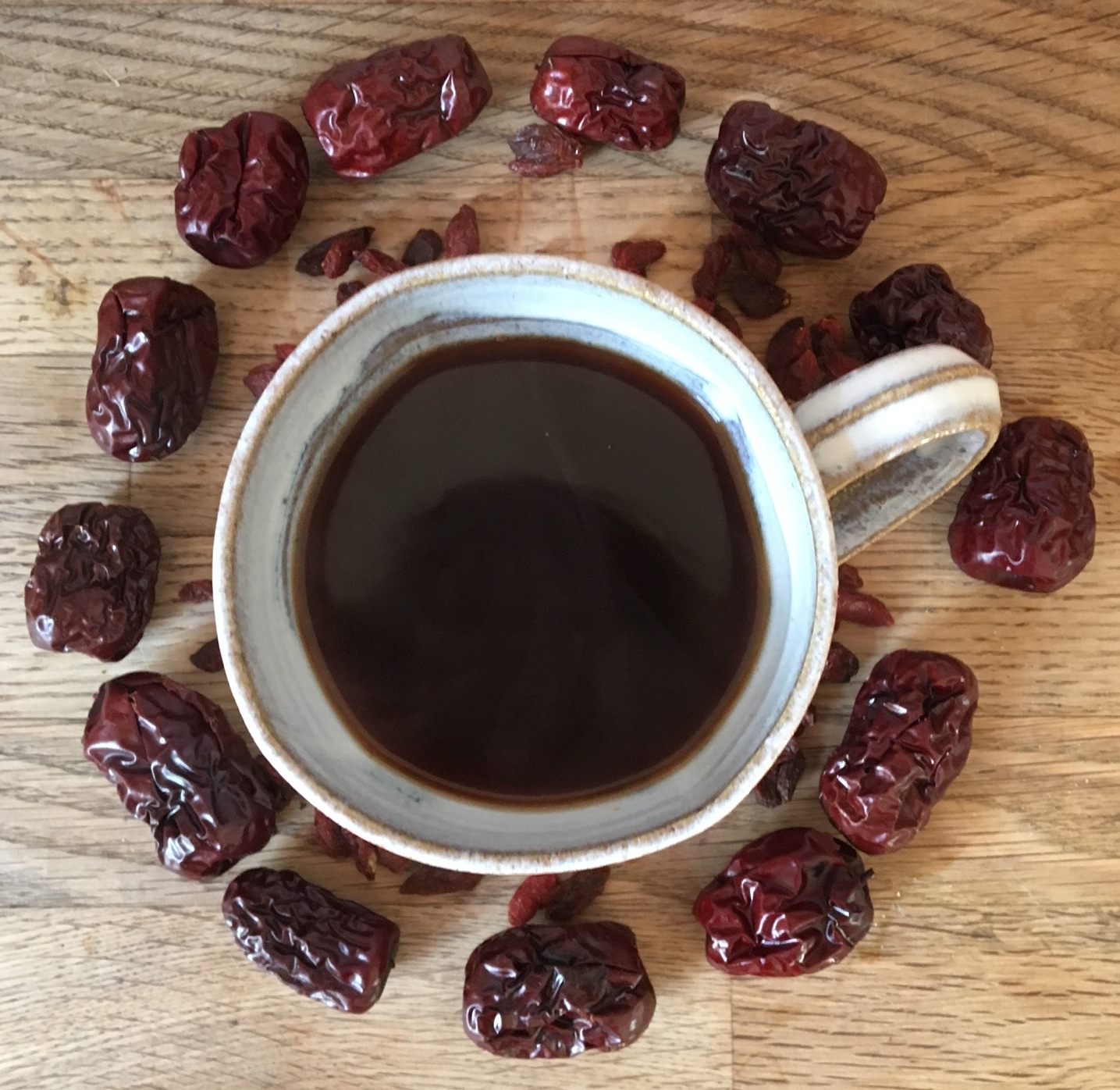I’m perpetually on a mission to make it the norm for parents to be able to slow down after the birth of their babies. To be able to pull up the proverbial drawbridge and be in their own little postnatal bubble without any guilt or pressure to ‘bounce’ back’ and ‘get back to normal’. I never expected that the global pandemic that is COVID-19 would force this on parents.
There’s so much about the current state of the world that is incredibly difficult right now, including for new parents. Despite all that’s going on it’s still important, and arguably even more important, that parents take the time during pregnancy to write a postnatal plan. Putting together your postnatal plan is an opportunity to think about what things you need to put place to be able to look after yourself physically and emotionally in the early days and weeks after your baby is born. Some of what I normally suggest when thinking through your plan has changed with the current restrictions that are in place so I’ve pulled together some of my top tips for how to adapt your postnatal plan to the current state of affairs.
Visitors: Thanks to modern technology, while we can’t be together in person we can stay connected through video chat. And while this means that your family and friends can ‘meet’ your little one without the pressure that some parents might feel to tidy up and or make themselves ‘presentable’ before anyone comes to visit there are still some things to think about in terms of boundaries around when and how often you’re scheduling your Zoom/Facetime/Skype sessions. Even though you might not be entertaining people in person, video chat can still be tiring so setting boundaries around how you use it are a good idea.
Stocking Up: With quick trips to the shops not being as straightforward and home deliveries sometimes being slower than we’re used to it’s a good idea to think ahead about what things are important for you to have on hand and stock up before your baby arrives. This could be anything from supplies for a sitz bath or herbal bath soak to ingredients for nutritious and healing postpartum foods to a stockpile of your favourite chocolate.
Virtual support: With in person support services reduced, it’s important to know what is available so you know how and where to access support of you need it. What feeding support is available? Are your local breastfeeding drop-ins/breastfeeding counsellors/lactation consultants offering virtual appointments? What are the feeding helpline numbers that you can ring? Many postnatal doulas (myself included) have adapted how we’re working to be able to continue to support families so it’s worth getting in touch with local doulas to see what they’re offering and how that night work for you.
Emotional Support: I think this is one of the most important parts of a postnatal plan and even more so now. It’s important to think about who can you turn to for support if you are struggling emotionally. How can they help? Who can you talk to who will listen and offer support rather than advice? It can also be helpful to identify ahead of time where you can get support if you find you need it. In the current situation that might mean finding out how mental health services are running as well as any helplines you can call.
COVID-19 and the current pandemic have certainly changed what postpartum looks like for those that have birthed their babies during lockdown. We are celebrating the joys of welcoming new life, alongside the challenges of living in lockdown and social distancing. When we do come out the other side, I hope that as a society we’re able to hold onto what this time has taught us about postpartum and the value of slowing down and being present.
You can download a free copy of my postnatal plan template here and use it alongside these tips to plan for your own postpartum.


















